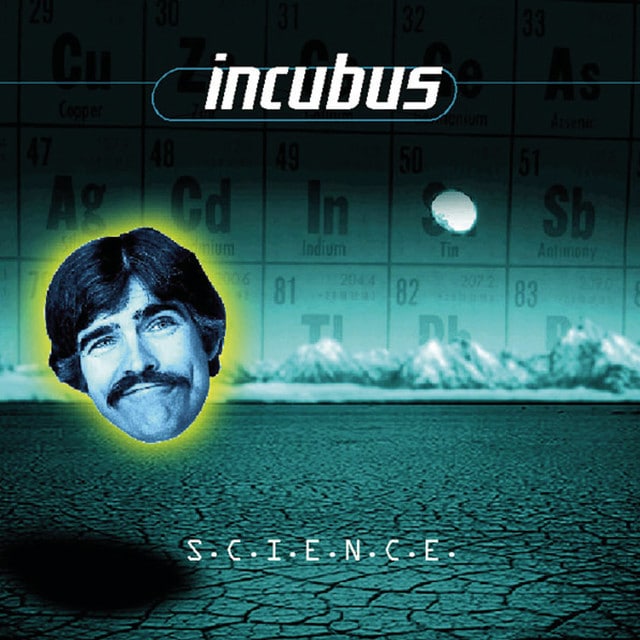Released: 1999
Incubus’s “Pardon Me,” a track from their hit album “Make Yourself,” isn’t just a song; it’s a molten confession of frustration and the desire for transcendence above life’s mundane and sometimes suffocating reality. The lyrics wrap around the concept of reaching a breaking point, the verge of “spontaneous combustion,” as a metaphor for an emotional and psychological breakdown, or perhaps, breakthrough. It’s a call to let go, to explode, not in violence, but in liberation from the “mindless games” of the world.
The song kicks off with a strong statement, “Pardon me while I burst,” repeated for emphasis, setting up a scene where the narrator feels on the edge, ready to explode. This imagery of a person on the brink captures the intense pressure many feel when life, with all its expectations and absurdities, becomes too much to bear. The mention of being “At 23, on the verge of spontaneous combustion” reflects a specific moment of young adulthood rife with uncertainty, transition, and the struggle to find one’s place in the world. The reference to “an ominous landscape of never-ending calamity” paints life as a series of crises, perhaps hinting at the personal and collective challenges people face in our era.
The chorus, “So pardon me while I burst into flames / I’ve had enough of the world and its people’s mindless games,” is a rebellious outcry against the societal norms and the shallow, often superficial conduct that pervades culture. The desire to “burst into flames” is symbolic of a cleansing fire, a means to purge oneself of the world’s burdens and rise, Phoenix-like, reborn from the ashes. It’s an assertion of the need for change, both internally and in how we engage with the outer world.
In a more introspective verse, the narrator recounts seeing a picture in a book of someone “fried up above his knee,” which, though darkly humorous, connects to the theme of combustion. This imagery serves as a bizarre yet relatable metaphor for the narrator’s own feelings of being consumed by life’s pressures. The mention of “combustication as a welcome vacation” underscores a longing for escape from “the burdens of the planet Earth,” highlighting how societal structures (“gravity, hypocrisy, and the perils of being in 3D”) can feel constraining and insurmountable.
The song builds on this frustration, but also on the realization that thinking differently – escaping the three-dimensional, linear way of seeing the world – offers a form of solace and liberation. “Pardon me while I burst into flames” becomes an anthem for transformation, for breaking away from the status quo, and for embracing one’s truth, no matter how incendiary.
“Pardon Me” ends with a resigned yet defiant tone, acknowledging that the act of bursting into flames – of radically changing or merely surviving the brink of despair – leaves one forever changed. “Pardon me, I’ll never be the same,” isn’t just a conclusion; it’s a declaration of personal evolution, born from the fire of one’s trials and tribulations.
Through “Pardon Me,” Incubus captures the universal feeling of existential unrest and the desire for a profound, personal revolution. It resonates because it speaks to the part of each listener that has felt overwhelmed, undervalued, or simply tired of the “mindless games” of daily existence. The song’s message is clear: Sometimes, the only way to find peace, to find oneself, is to embrace the flames and rise anew from the ashes.








